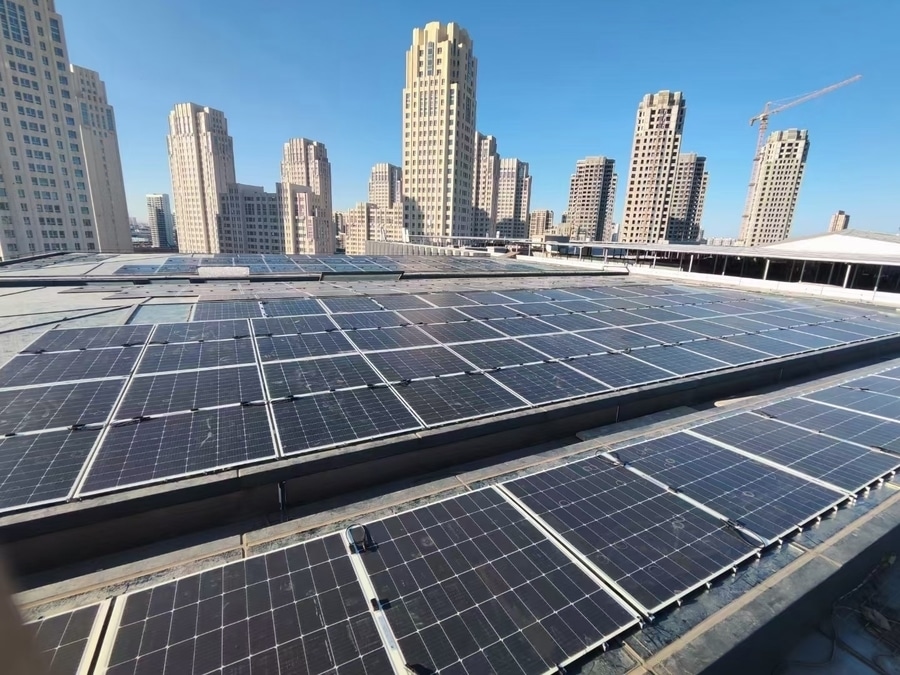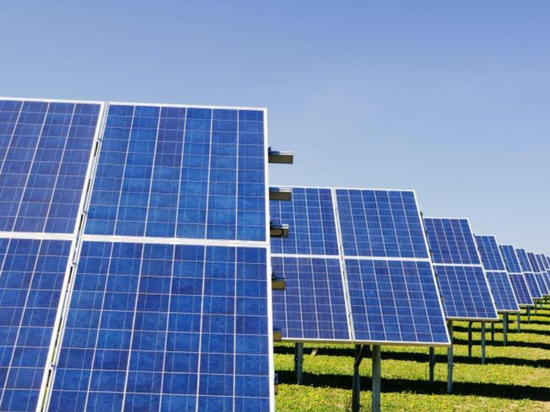
#Industry News
U.S. Department of Commerce postpones final ruling on PV module tariffs until August
The U.S. Department of Commerce said a few days ago that it has postponed the deadline for an investigation from May 1 this year to August 17 this year . tariffs on photovoltaic modules.
According to foreign media reports, the U.S. Department of Commerce said a few days ago that it has postponed the deadline for an investigation from May 1 this year to August 17 this year . tariffs on photovoltaic modules.
A Commerce Department spokesman said in an email that the delay was due to the unusually complex nature of those investigations. The agency will continue to rigorously analyze the information on record, taking into account the views of all interested parties.
Both the U.S. House of Representatives and Senate passed a resolution that would end a two-year moratorium on tariffs imposed by U.S. President Joe Biden to ease supply constraints on the U.S. photovoltaic industry. Biden promised to veto the resolution of both houses of the United States.
In a memo filed April 26, the Commerce Department said it needed more time to consider a broad range of cases and counterarguments submitted by about 20 interested parties.
"Additionally, these investigations raise many complex issues that the Commerce Department will need additional time to analyze," the memo said. The spokesman said the Commerce Department planned to make a final decision by Aug. Announced the next day.
Gregory Wetsone, chairman and chief executive of the US Renewable Energy Council, said in an emailed comment that he hopes the delay shows that the Commerce Department is carefully considering the feedback the agency has received and will refrain from changing the PV targets.
The U.S. Department of Commerce released a preliminary ruling in December, finding that four of the eight companies under investigation had circumvented tariffs on photovoltaic modules. Clean energy organizations and photovoltaic developers in the United States have criticized the impact of the bill on the photovoltaic industry, saying that the continued shortage of photovoltaic module supplies will threaten the implementation of the US National Clean Energy Goal and the "Cut Inflation Act".
Pari Kasotia, senior executive and policy director at DSD Renewables, which develops commercial and industrial projects as well as community photovoltaic systems, told industry media that she doesn’t think the photovoltaic industry anticipated the delay from the Commerce Department.
"It puts the PV industry in the dark longer on tariffs, so it creates more uncertainty. PV industry developers can't really plan what will happen when the ban is lifted next year," she said.
U.S. President Joe Biden's two-year moratorium on tariffs on PV modules will be extended until June 2024, hoping to give more time to build the U.S. PV supply chain. However, the U.S. House of Representatives overturned Biden's tariff moratorium on April 28 by a vote of 221 to 202, and the U.S. Senate on May 3 by a vote of 56 to 41. . Both results were well below the number of votes needed to override President Joe Biden's veto.
Kasotia said that disrupting the existing PV manufacturing supply chain will result in fewer PV projects being built, decarbonization goals will be harder to achieve, and frankly, the incentives provided by the Cutting Inflation Act will not be able to be used.
“In an ideal world, we would have invested in domestic PV manufacturing 10 years ago, but that didn’t happen. So it will take some time for the U.S. to build its own PV supply chain,” she said.
Kasotia said the repeal of the moratorium on tariffs would be less risky for well-funded large PV developers, but would have a big impact on smaller PV developers as they are ill-equipped to deal with sudden changes and uncertainties in the supply chain.







